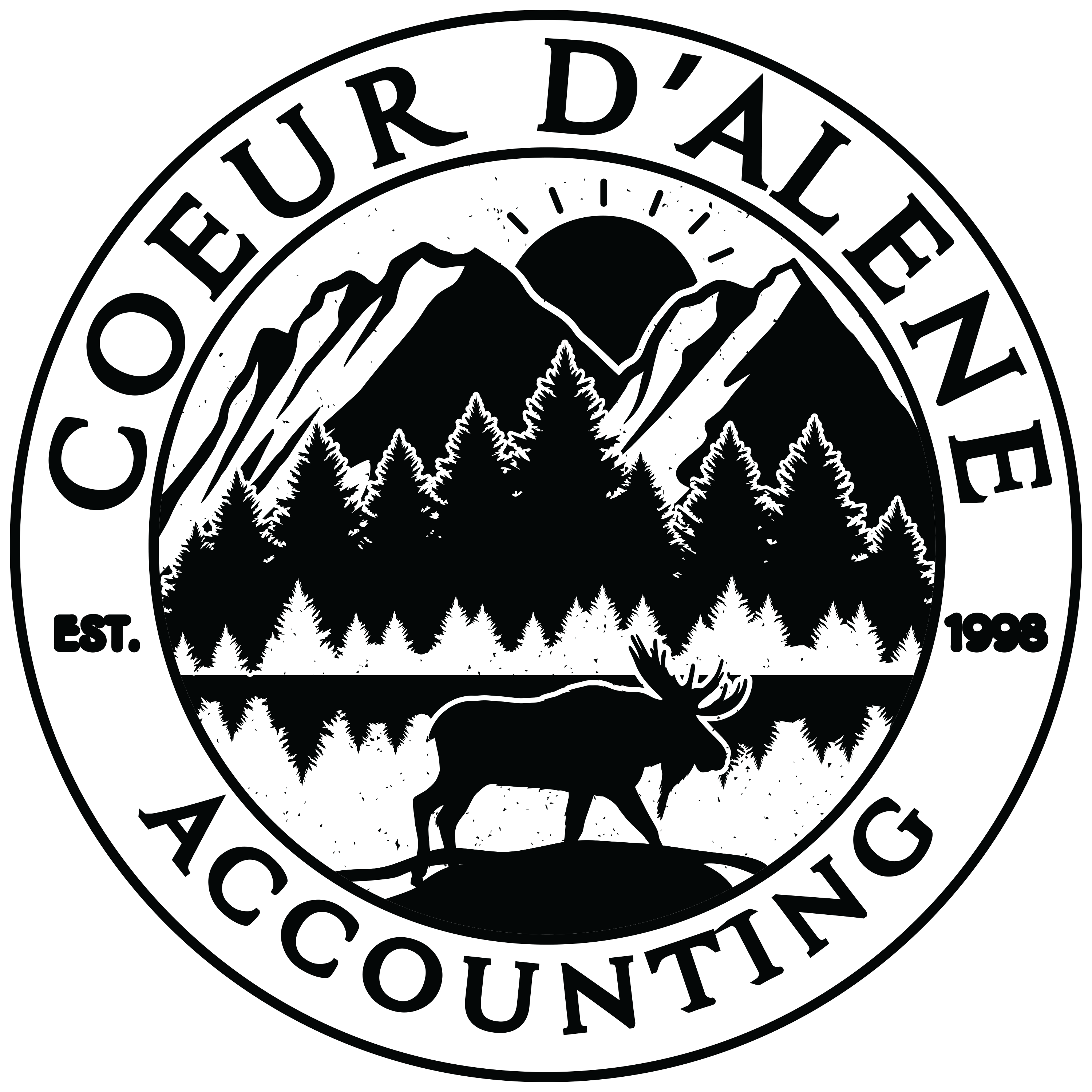
An Idaho corporation in Coeur d’Alene is a legal and separate entity from its owners. Because it’s a legal entity, it can be taxed, sued, enter into contracts and borrow money. These are general factors that any corporation receives.
- The owners are known as shareholders.
- The shareholders elect a board of directors to manage the Idaho company.
- The Idaho corporation has a life of its own and does not dissolve when ownership changes.
Below are the advantages and disadvantages of having an Idaho corporation in General:
Advantages
- Idaho Liability of shareholders limited to price paid for their stock
- Can raise funding by selling stock in in Coeur d’Alene
- Cost of Idaho employee benefits are deductible, greater fringe benefits
Disadvantages
- Cost of formation is higher
- Process of incorporation is formal and requires filing with the Secretary of State
- “C” Corporations in Sandpoint are often double taxed, first on profits then on dividends
- Board members can be held liable
- Requires formalities such as annual shareholders meetings, board meetings and keeping minutes.
- Failure to follow formalities can result in the loss of limited liability status
There are two types of corporations that are popular with small to mid-sized businesses.
Idaho “C” Corporations
An Idaho “C” corporation is the regular corporation that is taxed as a separate entity.
It requires these tax forms:
- Form 1120 or 1120-A: Idaho Corporation Income Tax Return
- Form 1120-W Estimated Tax for an Idaho Corporation
- Form 8109-B Deposit Coupon
- Form 4625 Depreciation
- Idaho Employment Tax Forms
- Other forms as needed for capital gains, sale of assets, alternative minimum tax, etc.
Idaho “S” Corporations
An Idaho “S” corporation in Post Falls allows the profits to be taxed like a partnership if certain qualifications are met. This means that profits and losses pass-through to the owner’s personal tax return.
-
- Form 1120S: Income Tax Return for S Corporation
- 1120S K-1: Shareholder’s Share of Income, Credit, Deductions
- Form 4625 Depreciation
- Employment Tax Forms
- Form 1040: Individual Income Tax Return
- Schedule E: Supplemental Income and Loss
- Schedule SE: Self-Employment Tax
- Form 1040-ES: Estimated Tax for Individuals
- Other forms as needed for capital gains, sale of assets, alternative minimum tax, etc.


Recent Comments